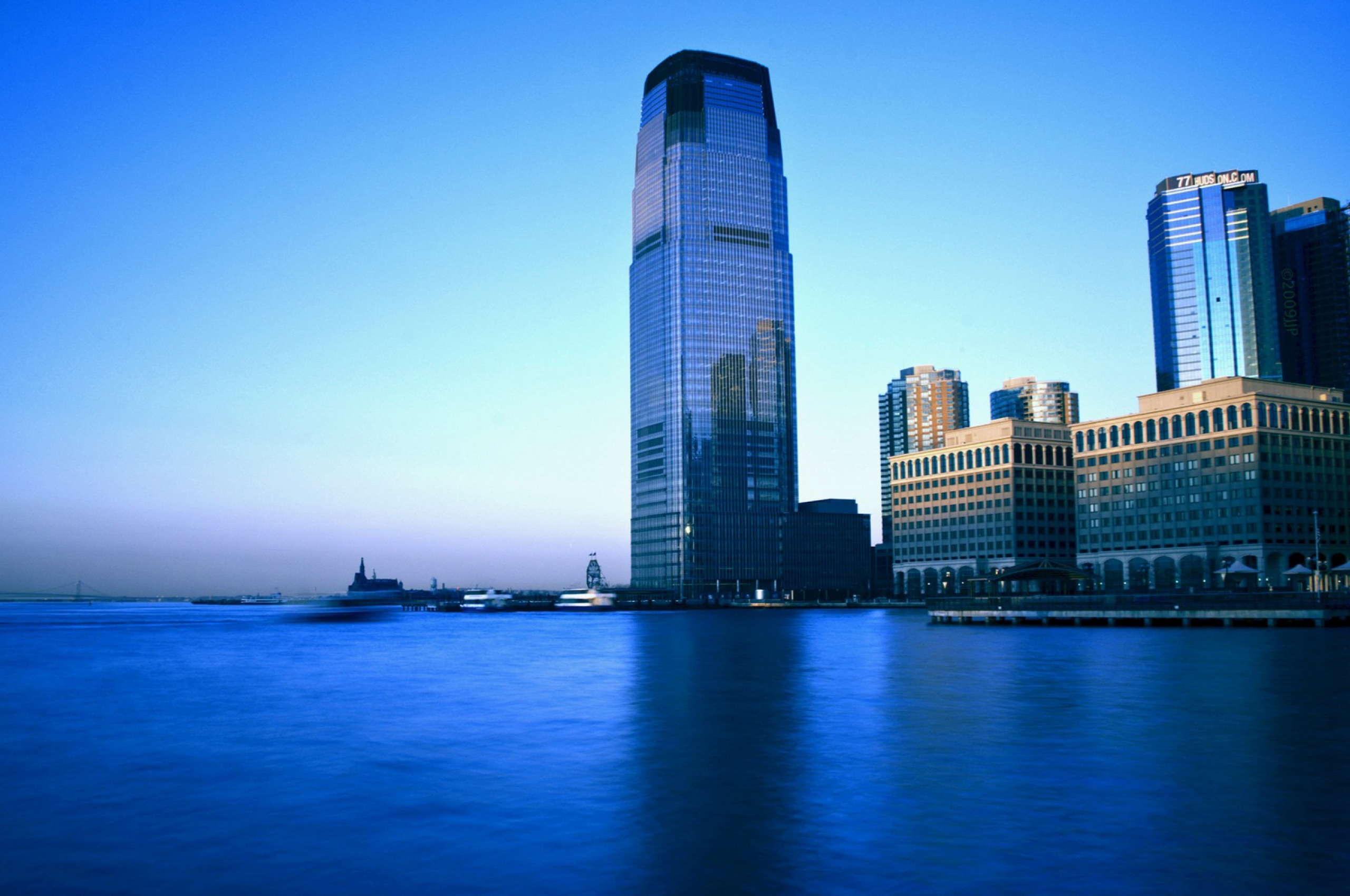Manchester, NH
Manchester is the most populous city in the U.S. state of New Hampshire. Located on the banks of the Merrimack River, it had a population of 115,644 at the 2020 census. Manchester is the tenth-most populous city in New England. Along with the city of Nashua, it is one of two seats of New Hampshire's most populous county, Hillsborough County. The Manchester–Nashua metropolitan area has approximately 423,000 residents and lies near the northern end of the Northeast megalopolis.
Manchester was first named by the merchant and inventor Samuel Blodget(t), eponym of Samuel Blodget Park and Blodget Street in the city's North End. His vision was to create a great industrial center similar to that of the original Manchester in England, which was the world's first industrialized city. During the Industrial Revolution, Manchester was a major industrial and economic hub for New England, with the Amoskeag Manufacturing Company being the largest cotton textile plant in the world. After World War II, many textile manufacturing jobs left Manchester, but new industries and companies were introduced to the city, such as DEKA.








